Title: Interrelation between rheumatic and dermatological diseases: from laboratory to clinical practice
GENERAL DESCRIPTION
Rheumatology and Dermatology have a wide spectrum of clinical diseases that are commonly seen in primary care. Early recognition and adequate evaluation are key factors for prognosis and adequate referral. They are a crescent specialty worldwide, although it is usually an elective rotation in many medical programs.
The Department of Medicine of our Institution offers the opportunity to international medical students to share a unique approach of systemic and skin diseases, facilitating education across disciplines. In addition, the Department aims to share their experience in diagnosing and treating common diseases in the southeastern region of the country.
This workshop will focus on clinical principles of Rheumatology and Dermatology, tropical diseases, autoimmune/inflammatory diseases, and skin cancer, intermingled with histopathology, immunology, and basic science concepts.
WORKSHOP OBJECTIVES
1. Discuss an interrelation between rheumatologically and dermatological diseases from a clinical and immunological perspective.
2. Discuss dermatological and rheumatological manifestations of tropical and emerging diseases such as leprosy, tuberculosis, leishmaniosis, dengue fever, Zika and Chikunguya.
3. To recognize the principal differential diagnoses and comorbidities (infectious / neoplastic)
4. Recognize genetic and immunological factors associated with the main rheumatological and dermatological diseases
5. Basic concepts of treatments
TEACHING METHODS
1. Visit to the university hospital and outpatient clinic;
2. Interactive bench to bedside lectures with senior faculty, including essential topics: basics and immunological aspects of rheumatic and dermatologic diseases, as outlined in the week schedule. For this
activity, students will have access to related articles/materials in advance;
3. Discussion of didactic clinical cases;
4. Patient follow-up at the outpatient clinic;
5. Lectures with active interactive methodology.
Assessment :
1. Presence and pontuality;
2. Multiple choice questions.
Duration: 1 week.
Prerequisites: pre-clinical knowledge and fluent English.
Workshop material:
1. Materials elaborated by senior faculty;
2. Seminars (articles will be provided prior to sessions).
FACULTY
Workshop organization and responsibility:
- Simone Appenzeller
- Renata Magalhães
Professors from the Department of Rheumatology (Prof Dr Manoel Bértolo, Prof Dr Lilian TL Costallat, Prof Dr Ibsen Coimbra, Prof Dr Zoraida Sachetto) and Dermatology (Prof Dr Paulo Velho, Prof Dr Andrea Eloy, and Senior Clinicians from Hospital das Clínicas-Division of Rheumatology, Dermatology and Infectious Diseases.
WHO SHOULD ATTEND?
- Medical students with pre-clinical knowledge;
- Residents and graduated physicians;
- Up to 7 students
| Monday | Tuesday | Wednesday | Thursday | Friday | |
|---|---|---|---|---|---|
| 8:00 – 9:00 | WELLCOME AND VISIT TO THE UNICAMP CLINICS HOSPITAL | Visit to the Impatient Clinic | Clinical cases | Clinical cases | Clinical cases |
| 9: 00 – 12:00 | PSORIASIS/ SPONDYLARTHRITIS (THE USE OF BIOLOGIC THERAPY IN BRAZIL) | Visit to the laboratories LABORATORY IN DERMATOLOGY AND RHEUMATOLOGY | CUTANEOUS AND SYSTEMIC LUPUS ERYTHEMATOSUS AND OTHER COLAGENOSIS | SYSTEMIC SCLEROSIS AND ESCLEROTING CUTANEOUS MANIFESTATIONS IN COLAGENOSIS AND OTHER DISEASES | EMERGING DISEASES ON TROPICALS ZIKA, DENGUE, CHIKUNGUNYA, BARTONELLA |
| 12:00 – 14:00 | Lunch | Lunch | Lunch | Lunch | Lunch |
| 14:00 – 15:00 | Clinical cases | Clinical cases | Clinical cases | Clinical cases | Clinical cases |
| 15:00 – 17:00 | BULLOUS DERMATOSIS IN BRAZIL (ENDEMIC PEMPHIGUS FOLIACEOUS) | LEPROSY AND TUBERCULOSIS | SEXUALLY TRANSMITTED DISEASELEISHMANIOSIS AND DIFFERENTIAL DIAGNOSIS | RHEUMATOID ARTHRITIS CUTANEOUS ALLERGIES | Assesment FINAL REPORTS |



